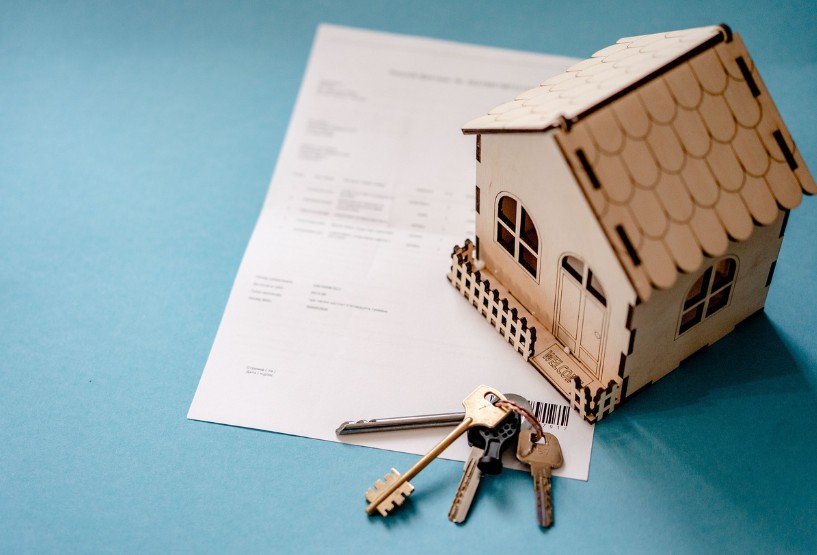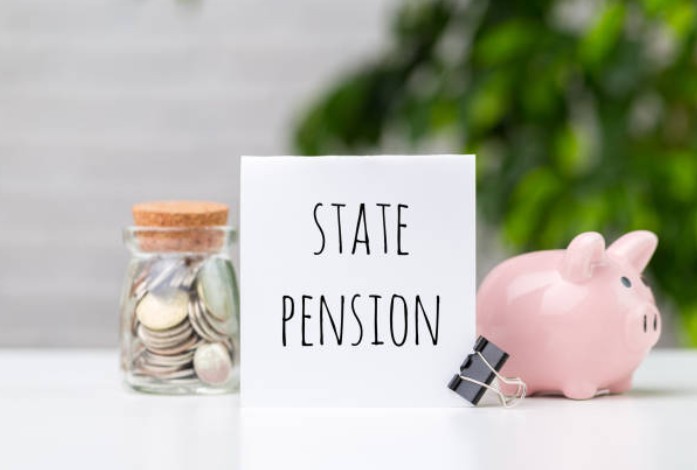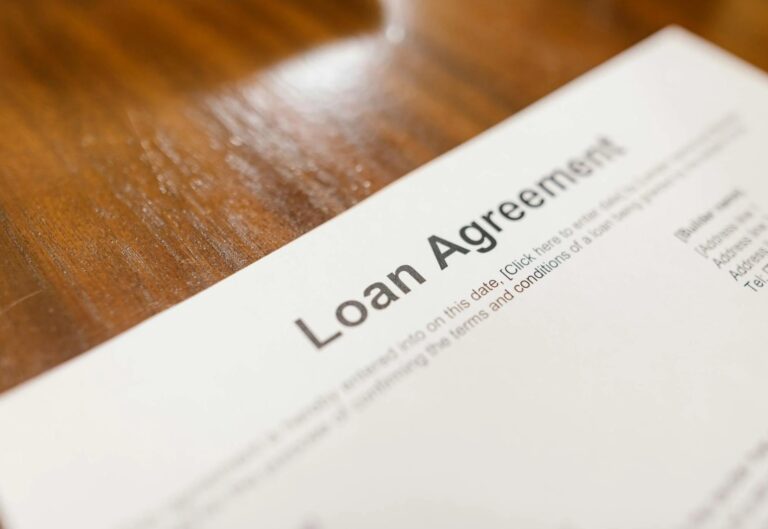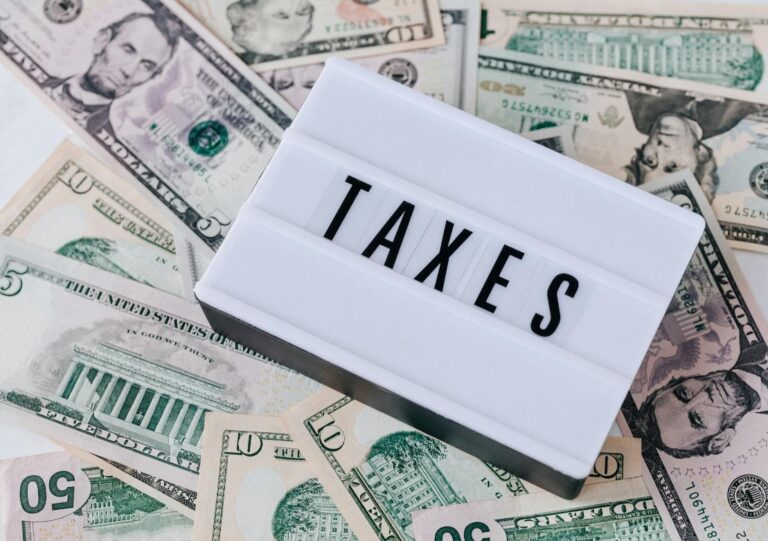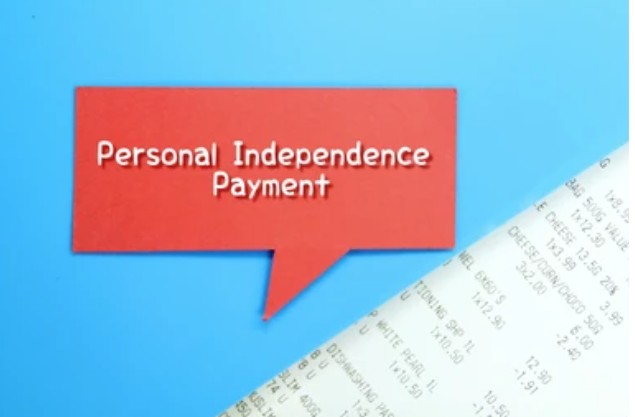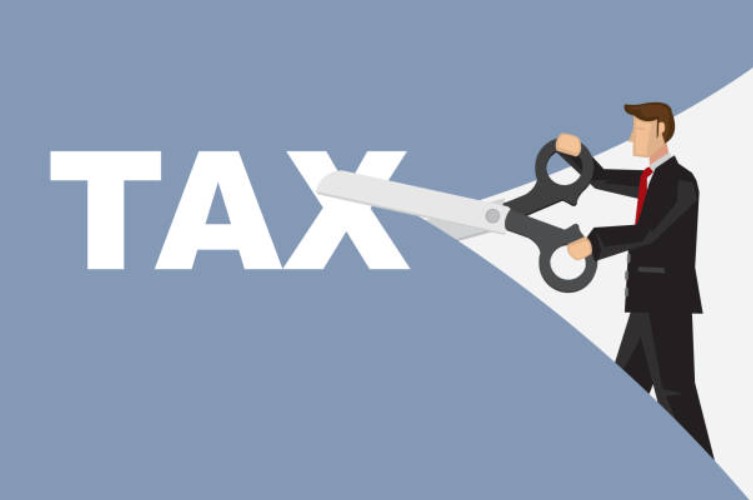HMRC to Fine UK Households £100 for Late Self-Assessment Tax Returns Starting January 2025
Starting January 2025, HMRC will automatically fine UK households £100 for late self-assessment tax returns, even if the delay is just one day. This stricter rule means that missing the deadline is no longer just a minor oversight—it will come with an immediate financial penalty.
As more people in the UK take on side hustles, rent out property, and earn extra income outside traditional employment, HMRC is stepping up efforts to ensure tax deadlines are met across the board.
Why HMRC Is Getting Tougher from January 2025?
HMRC’s decision to tighten the penalty system isn’t random—it’s a direct response to changes in the UK’s working patterns and economy.
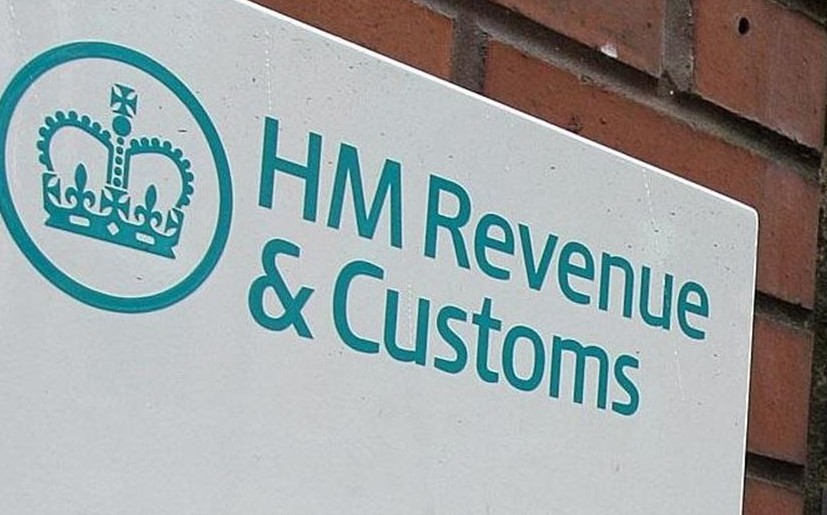
More people now:
- Earn money from side gigs like Etsy, Uber, and Airbnb.
- Work as freelancers or take on part-time self-employed projects.
- Invest in cryptocurrency and other digital assets.
- Run small businesses alongside their day jobs.
In the past, many people assumed small amounts of untaxed income didn’t require serious attention. But with HMRC’s digital systems becoming more advanced—and with Making Tax Digital (MTD) on the horizon—the tax authority now expects full compliance from everyone, regardless of how much they earn.
Additionally, HMRC now gathers data directly from:
- Digital platforms like Airbnb, eBay, and Etsy.
- Banks and payment processors.
- Cryptocurrency exchanges.
This means fewer people can “fly under the radar” when it comes to undeclared income.
HMRC to Fine UK Households £100 for Late Self-Assessment Tax Returns Starting January 2025
The headline change is simple: if you miss the 31 January 2025 deadline, you will automatically receive a £100 fine.
Even if you:
- You are just a single day late.
- Owe no tax because you’ve overpaid.
- Thought your income was too low to matter.
HMRC will apply this fine immediately. There will be no exceptions, no grace period, and no soft warnings.
This fine will apply to anyone required to file a self-assessment tax return, including:
- Sole traders and self-employed people.
- Freelancers, gig workers, and side hustlers.
- Landlords and people earning from Airbnb.
- Investors and cryptocurrency traders.
- Anyone with untaxed income exceeding £1,000 a year.
Even first-time filers and those who were unaware of the rules will face this fine unless they meet the submission deadline.
Real Stories: How People Are Getting Caught Out?
Emma, from Manchester, started a small Etsy shop during the COVID-19 lockdown, selling handmade candles. She earned around £4,500 in a year but didn’t realise this income needed to be reported. By the time she found out, she was already weeks late. HMRC issued an immediate fine, which ultimately cost her more than the tax she owed.
Liam, a freelance web designer in Bristol, left his tax return until the very last day. He struggled to log in to his HMRC account and missed the cut-off by just a few hours. The £100 fine landed the next day, and he had no room to appeal.
These are not rare cases. They are becoming more common as HMRC gets better at tracking income from various digital sources.
Why More UK Households Are at Risk Than They Realise?
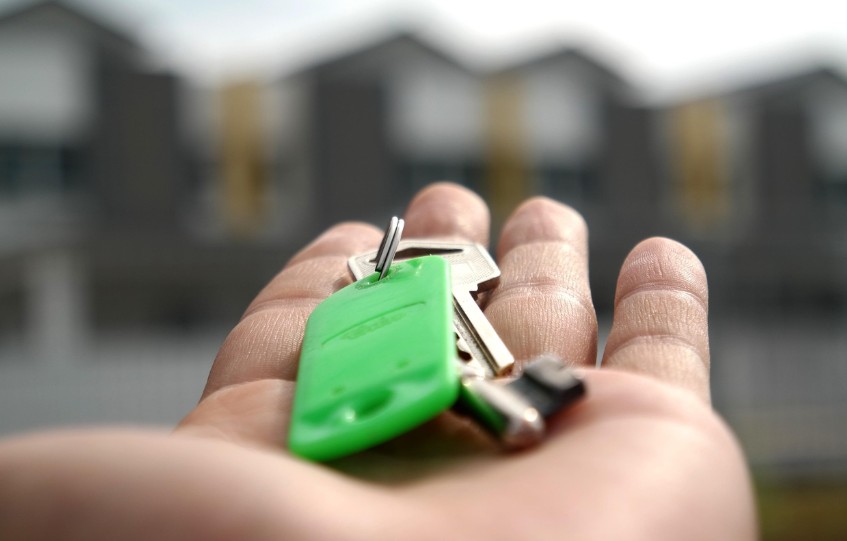
Many people don’t know they need to file a self-assessment return because they assume:
- Small side incomes don’t count.
- One-off rental income isn’t taxable.
- Cryptocurrency trades are too minor to report.
But if you earn more than £1,000 per year from untaxed sources, you are required to file a tax return.
This could include:
- Freelance projects completed in your spare time.
- Selling items online for profit (beyond occasional personal sales).
- Renting out a room, a driveway, or a property, even occasionally.
- Trading cryptocurrencies, if you make a profit above the annual tax-free allowance.
- Earning dividends that exceed the dividend allowance.
HMRC can now cross-check your earnings using third-party data, making it much harder to avoid detection.
What Happens If You Miss the Deadline?
The initial £100 fine is just the beginning. The penalties will increase the longer you wait.
Here’s what you can expect:
- One day late: Immediate £100 fine.
- Three months late: Additional daily fines of £10 per day (up to £900).
- Six months late: Extra penalty of £300 or 5% of the tax due (whichever is greater).
- Twelve months late: Another £300 fine or 5% of the unpaid tax.
A small oversight can quickly snowball into a significant financial burden.
Many people wrongly assume they can submit “a little late” without serious consequences. HMRC’s system is now fully automated and will apply penalties instantly.
How to Avoid the £100 Fine: Practical Steps?
1. Register Early
Make sure you register for self-assessment with HMRC by 5 October 2024 if it’s your first time.
This will give you plenty of time to set up your online account, receive your UTR number, and avoid any registration delays.
2. Set Multiple Reminders
Don’t rely on just one calendar alert to remember the self-assessment deadline.
Set reminders across your phone, email, and computer to keep the deadline visible and help avoid last-minute panic.
3. Keep Year-Round Records
It’s essential to track your income and expenses throughout the year, not just at tax time.
Using tools like FreeAgent, QuickBooks, or even organised spreadsheets will make filing your return much easier and more accurate.
4. Use an Accountant or Trusted Tax Software
If you have multiple income streams, getting help from a qualified accountant can save you time, money, and potential mistakes.
Alternatively, reliable tax software can guide you through the process and ensure you don’t miss important steps.
5. Submit Your Return Early
There’s no advantage in waiting until the January deadline to file your tax return.
Filing early gives you breathing space to fix errors, handle HMRC queries, and reduces the risk of missing the cut-off.
6. Don’t Ignore HMRC Letters
If HMRC sends you a letter requesting a tax return, you must act—even if you believe you owe no tax.
Ignoring it can still result in penalties, as failure to respond is treated as non-compliance under HMRC’s rules.
7. Understand the Trading Allowance

If your self-employed or your side income is less than £1,000 per year, you might not need to file a return.
However, it’s crucial to check your full circumstances carefully, as additional income types can still trigger a filing requirement.
8. Plan for Making Tax Digital (MTD)
HMRC’s digital system will soon make quarterly tax reporting mandatory for many people starting from April 2026.
Getting used to digital record-keeping now will help you transition smoothly and avoid future reporting headaches.
What’s Coming Next: The Impact of Making Tax Digital
Looking ahead, Making Tax Digital (MTD) is set to completely transform the way individuals and businesses manage their taxes. HMRC’s long-term goal is to create a fully digital tax system where updates are submitted regularly throughout the year, not just once annually.
Here’s what’s changing:
-
April 2026:
Self-employed individuals and landlords earning over £50,000 per year must start submitting quarterly tax updates using HMRC-approved digital software. -
April 2027:
The income threshold will reduce to £30,000 per year, which means even more taxpayers will need to follow the quarterly reporting system. -
Future Expansion:
HMRC eventually plans to bring even smaller businesses and additional income brackets into the digital system.
Final Thoughts: Don’t Let a Missed Deadline Cost You
The £100 HMRC fine for late self-assessment tax returns starting January 2025 is not just an administrative update—it’s a real financial risk that many UK households could face if they don’t take action.
This fine is:
- Automatic
- Immediate
- Unavoidable (if you file late)
Whether you’re running a full-time business, earning from a side hustle, or renting out a spare room, the self-assessment deadline is now a hard stop, with no room for delay.
If you’re unsure whether you need to file, use HMRC’s self-assessment checker as soon as possible. Don’t leave it to chance.
Filing on time will save you from unnecessary stress, escalating fines, and the frustration of avoidable penalties. It’s always better to submit early, stay ahead of deadlines, and make sure your records are in order before the next tax season arrives.

